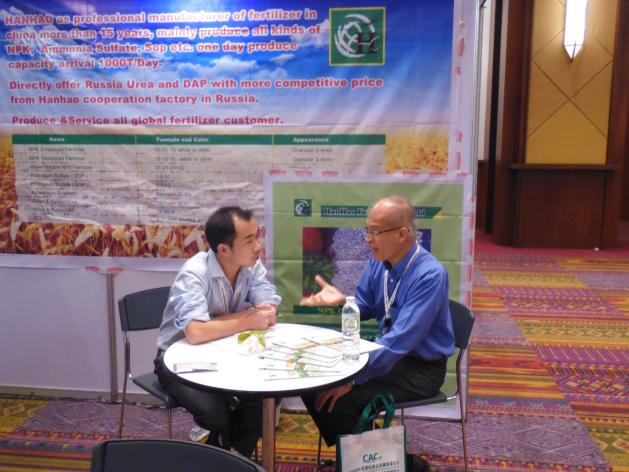
Sep . 16, 2024 17:11 Back to list
npk fertilizer raw material manufacturers
NPK Fertilizer Raw Material Manufacturers A Key to Modern Agriculture
The agricultural industry has grown increasingly reliant on fertilizers to enhance crop yields and ensure food security for a growing global population. Among the various types of fertilizers, NPK (Nitrogen, Phosphorus, and Potassium) fertilizers play a pivotal role. The manufacturing of NPK fertilizers requires high-quality raw materials sourced from specialized manufacturers. This article delves into the significance of NPK fertilizer raw material manufacturers, their processes, and their impact on sustainable agriculture.
Understanding NPK Fertilizers
NPK fertilizers are classified based on the percentage composition of the essential nutrients they contain nitrogen (N), phosphorus (P), and potassium (K). Each of these nutrients fulfills specific functions in plant growth. Nitrogen is crucial for leaf development and overall vegetative growth, phosphorus is vital for root formation and energy transfer, and potassium helps in the regulation of various plant processes, including water retention and disease resistance.
To produce effective NPK fertilizers, manufacturers need to combine various raw materials that can provide these essential nutrients in balanced proportions. The effectiveness of the fertilizer significantly depends on the quality and source of these raw materials.
The Role of Raw Material Manufacturers
NPK fertilizer raw material manufacturers are at the forefront of agricultural inputs. They source and refine essential minerals and compounds, ensuring that agricultural producers have access to high-quality fertilizers. The primary raw materials used in NPK fertilizer production include ammonium sulfate, urea, potassium chloride, phosphorus rock, and various complex nutrient compounds.
npk fertilizer raw material manufacturers

These manufacturers employ advanced technologies and processes to extract and process these raw materials. For instance, the synthesis of nitrogen fertilizers typically involves the Haber-Bosch process, which combines nitrogen from the air with hydrogen derived from natural gas. This technological sophistication guarantees that the nutrients are not only effective but also environmentally sustainable.
Environmental Considerations
The impact of NPK fertilizers on the environment cannot be overlooked. While they significantly boost agricultural productivity, their misuse or overuse can lead to soil degradation, waterway pollution, and greenhouse gas emissions. Consequently, responsible sourcing and production practices have become a priority for many manufacturers.
Many manufacturers are now incorporating sustainable practices, such as using recycled raw materials, optimizing production processes to reduce waste, and developing slow-release formulations that minimize the risk of nutrient leaching. This commitment to sustainability is crucial for maintaining soil health and preserving the ecosystems that agriculture relies on.
Conclusion
NPK fertilizer raw material manufacturers play a crucial role in modern agriculture by providing the necessary nutrients for optimum crop growth. Their commitment to quality and sustainability not only benefits farmers but also addresses environmental concerns associated with fertilizer use. As the global agricultural landscape continues to evolve, these manufacturers will remain essential in ensuring food security while promoting sustainable farming practices. The future of agriculture will undoubtedly depend on their innovation and ability to adapt to the changing needs of the industry.
-
Organic 10-10-10 Fertilizer | Balanced Plant Nutrients
NewsJul.31,2025
-
Premium Amino Acid Fertilizer | Rapid Plant Growth Booster
NewsJul.31,2025
-
10 10 10 Fertilizer Organic—Balanced NPK for All Plants
NewsJul.30,2025
-
Premium 10 10 10 Fertilizer Organic for Balanced Plant Growth
NewsJul.29,2025
-
Premium 10 10 10 Fertilizer Organic for Balanced Plant Growth
NewsJul.29,2025
-
Premium 10 10 10 Fertilizer Organic for Balanced Plant Growth
NewsJul.29,2025
